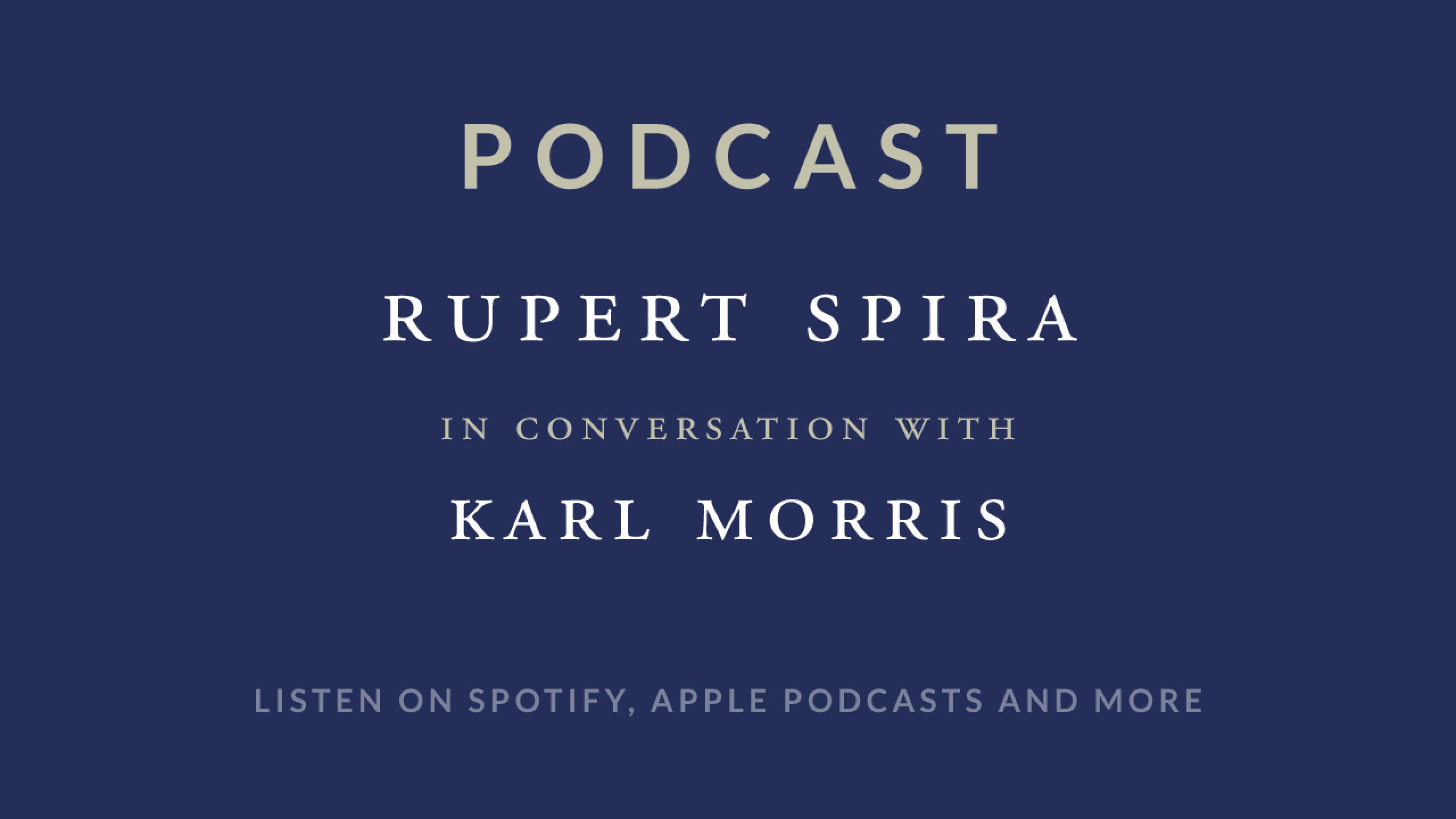Karl describes how many people begin to play golf for enjoyment, for the pure joy of moving the body to hit a ball to a target. After some time, along with some success, their motivation often changes, becoming goal-oriented, an activity performed today for something that may be received in the future. As the stakes and potential rewards get higher, the simple enjoyment, the sense of play in its original form, is diminished and replaced by disappointment.
Rupert notes that, strangely enough, not even great success is accompanied by permanent happiness. When achieved, that longed-for goal, even the pinnacle, does not deliver what it promised. The ensuing crisis of disappointment, or crippling sense of loss at the end of a successful career, can then create an opening in which the question ‘what next?’ leads to the beginning of real understanding.
Karl asks if there is room for goals and ambition in life. While Rupert’s answer is a clear ‘yes’, he offers this distinctive perspective: It’s a question of not placing one’s happiness in the achievement of these goals. If you enjoy the moment, you’ve got what you want in that moment. There’s nothing wrong with having goals, just don’t invest your identity or happiness in them. When you say ‘I won’, or ‘I lost’, it’s the same ‘I’. If one day I can be a winner and the next a loser, neither of those states are essential to what I am. So if we recognise who we are fundamentally, independent of winning or losing, then we will neither get inflated nor crushed.
Rupert suggests that if an understanding of the true nature of the self were introduced early in a sporting career, much distress would be avoided when players later encountered defeat and ultimately the loss of ability to play. Also, paradoxically, freedom from anxiety about winning would liberate and enhance players’ ability to perform up to their highest potential.
